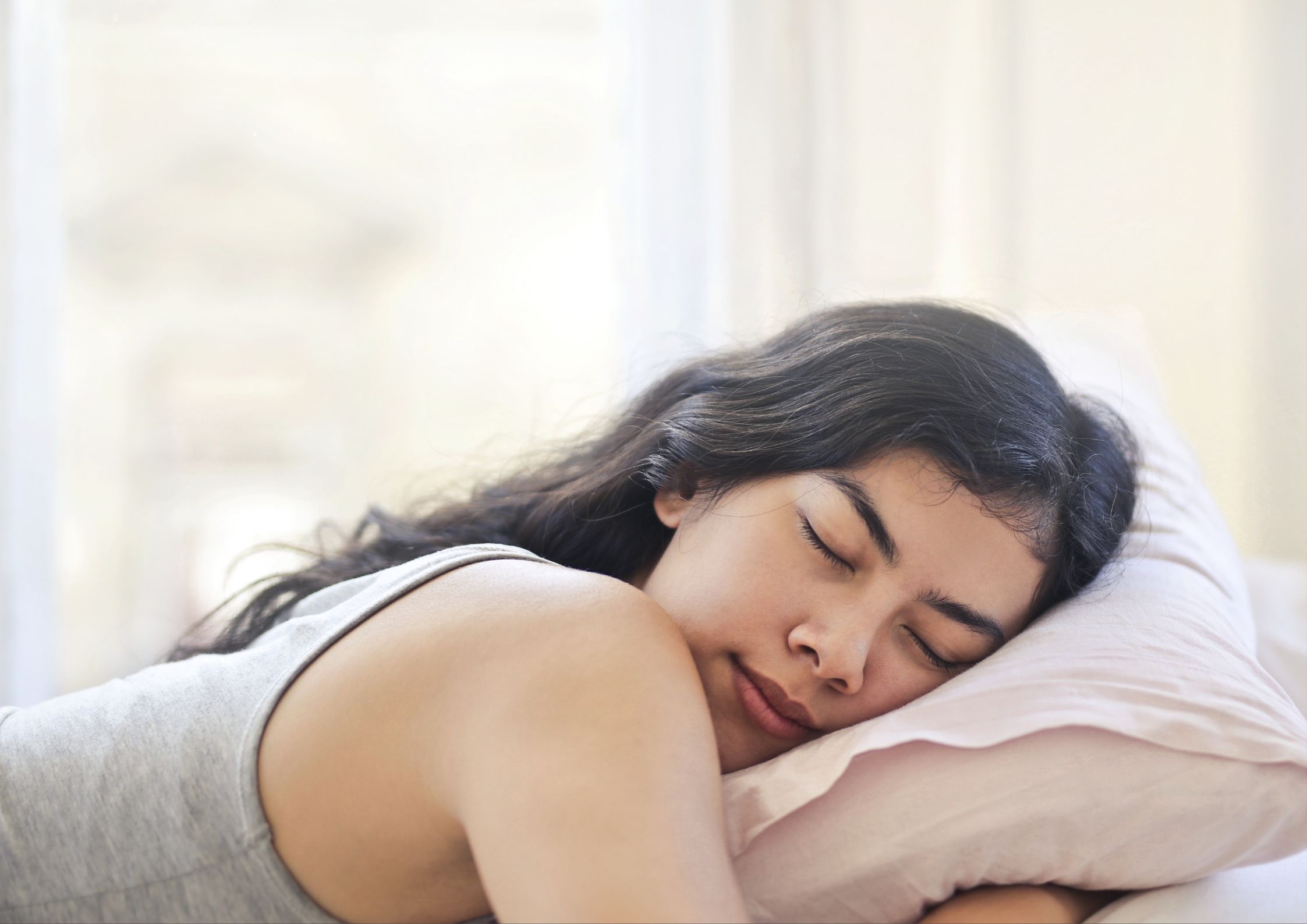A Well Rested Mind: the Key to Academic Achievement
- Monday, July 29th, 2024 12:00 pm

Did you know that studies have shown a correlation between adequate sleep and academic performance? A significant number of college students struggle to meet the recommended eight hours of sleep due to academic, social, and work related commitments.
Lack of sleep has also been linked to increased risks of mental health issues, and can impact a students ability to learn and focus in class. It’s crucial that as college students, our minds are sharp enough to handle inevitable challenges. The most underrated power tool for success is quality sleep!
What is sleep hygiene and how will it act as a tool to thrive in college life? Sleep hygiene refers to a number of habits that are necessary for a good night's sleep. Adequate sleep plays a significant role when it comes to cognitive function and memory consolidation; two attributes that are vital to one's overall academic performance. Maintaining sleep hygiene can contribute to better physical health and mental well being. Here’s 5 simple ways you too can maintain good sleep hygiene.
-
Consistent Sleep Schedule
-
You can help regulate your body's internal clock by going to bed and waking up at the same time everyday, even on weekends.
-
Restful Environment
-
You can create a restful sleep environment by keeping your room silent, dark, and at a cool temperature. Consider blackout curtains and white noise machines.
-
Limit Screen Exposure
-
It’s been proven that the blue light emitted by screens can interfere with melatonin production, the hormone that initiates sleep. Reduce your exposure to electronic devices at least an hour before bed to prevent disruption of the sleep cycle.
-
Managing Stress
-
Practice techniques to reduce stress. These might include mindfulness, meditation, or deep breathing exercises.
-
Establish a Bedtime Routine
-
By developing a relaxed pre- sleep routine, you are sending a signal to your body that it’s time to wind down. These routines could include activities such as reading your favorite book, stretching, journaling, taking a warm bath, etc.
